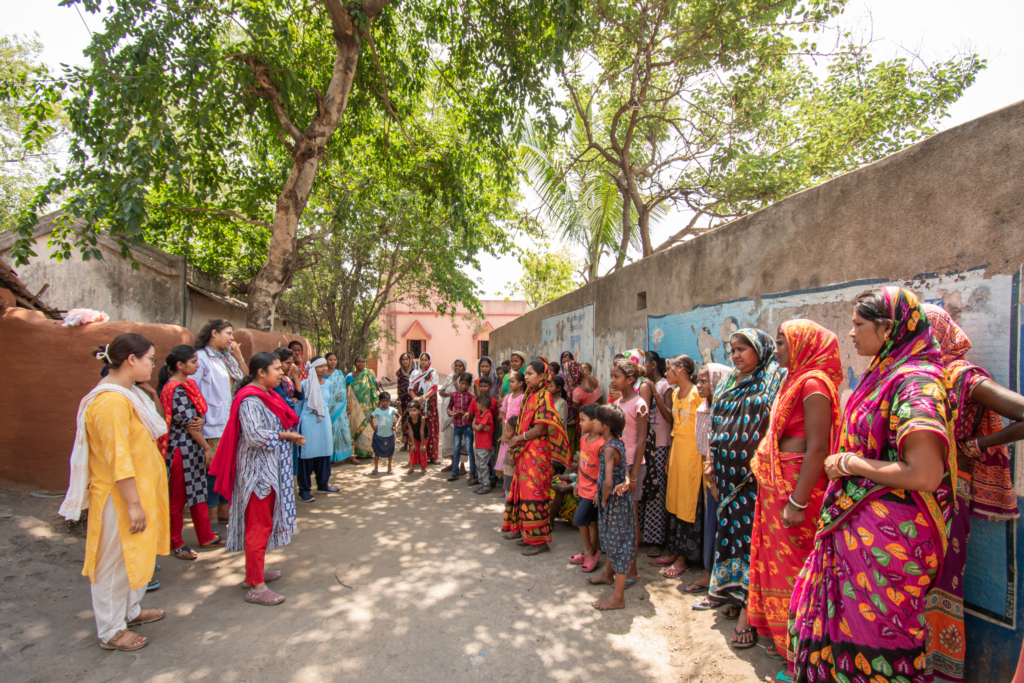On October 2, 2019, all villages in the 36 states and territories of India were declared open defecation-free (ODF). However, recently released data from the National Family Health Survey (NFHS-5) showed that among the 30 surveyed states, none were actually ODF. The survey results reveal that over 25% of rural households practice open defecation, with states like Bihar and Jharkhand having over 40% of rural households engaging in this practice.
Addressing a Public Health Issue
The dignity of individuals who are forced to relieve themselves in the open, without privacy, is compromised. Additionally, open defecation poses various problems, including sanitation issues. Diseases transmitted through human waste (such as diarrhoea, cholera, dysentery, typhoid, and other parasitic infections) can be life-threatening for vulnerable individuals and children. Disposing of human waste in the environment also presents an environmental risk as open defecation contaminates soil and water resources.

Meena Munda is 36 years old, and lives in Hatnada village, in Jharkhand. She explains: “Karuna Shechen has supported us since the day we started the construction, and we are expecting to complete our toilet construction this month. I am happy that we no longer have to go for open defecation. As women, it was uncomfortable for us, we usually had to wait till it was dark or go early in the morning when no one was around. It was also difficult to go for our needs especially in the rainy season”.
This practice also has social implications, particularly in education. The lack of sanitary facilities in schools is problematic and disproportionately affects girls and young women, leading to their dropout from school. Additionally, women are more susceptible to insecurity due to the need to isolate themselves in nature at any time to meet their hygiene needs. This exposes them to sexual violence and harassment.

Nukkad Natak: A program centered around behaviors
The primary objective of the program is to raise awareness about the health, social, and environmental issues related to open defecation. The awareness campaigns encourage communities to use toilets or construct them if they do not have access to functional ones. This involves a behavioral change dimension and the acceptance of these behaviors. In line with the awareness campaign, Karuna-Shechen offers financial and technical support for toilet construction.
The awareness activities take the form of street plays called Nukkad Natak. The performances started in mid-May and focus on three main points:
- Sensitizing rural village communities about the harmful effects of open defecation.
- Initiating conversations about the problems related to open defecation, especially for women and elderly individuals.
- Raising awareness about how Karuna-Shechen supports and assists in household toilet construction.
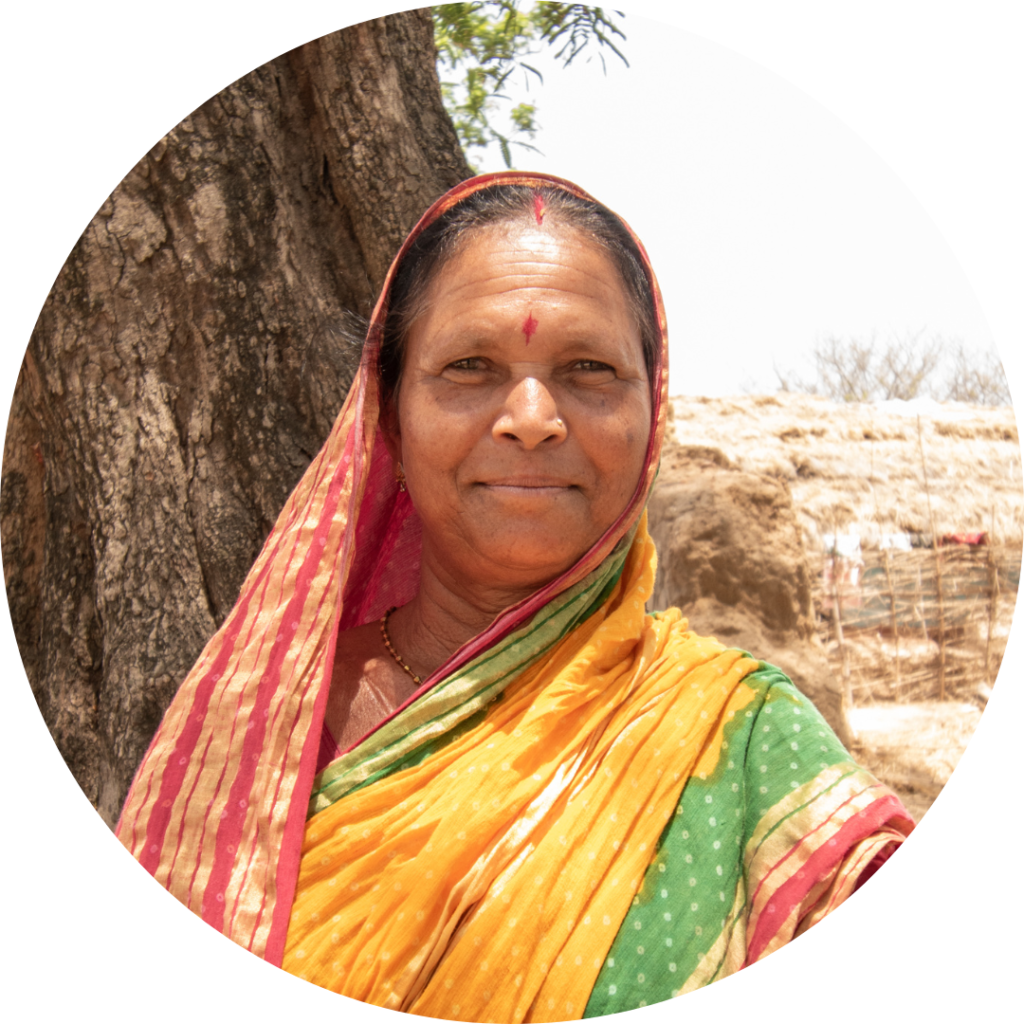
“It was a wonderful skit. We learned that open defecation can cause many health problems, especially in children. Currently, we do not have a toilet at home so I have to walk a distance outside the village for defecation. We have not received the government-subsidized toilet. We will try to shift from the practice of open defecation. We want more skits like this in the future so that we are more aware and educated on such matters”, says Raimoni Mahato, 49 years old from Herma village.
“The theater play was very entertaining. I really enjoyed it. It is important to have functional toilets in our homes. Most villagers here have toilets but do not use them. I will try to raise awareness among others about this issue,”, states Sima Mahato, 45 years old, from Barkatand village.
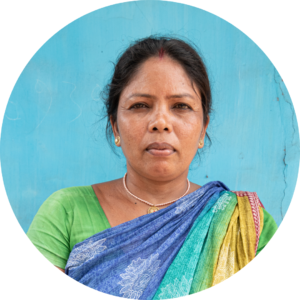

Through this Nukkad Natak, the approach adopted is comprehensive, taking into account social taboos. Karuna’s teams have observed that people are influenced by the performance and show interest in the organization’s approach to supporting toilet construction. Many have come forward and shared their experiences and the problems they face when practicing open defecation, particularly women.
“The theater play was fun. We don’t have toilets at home, so going to the open fields is our only option. In the future, I would definitely like to have toilets, but due to the construction cost, we cannot afford it at the moment. After learning about the support provided by Karuna Shechen, we will definitely try to build one. Everyone who comes here to share something meaningful with us makes me happy,”, says Mowgli Mahato, 48 years old, from Herma village.

A Participatory Construction Model
Karuna-Shechen’s toilet construction program takes the form of financial support for co-funding the work, which involves strong community participation. The individuals who will benefit from the installed structures contribute a portion of the costs, specifically the framework, which accounts for approximately 50% of the expenses. Karuna-Shechen provides the framework, drainage system, and all other small fixtures. The toilet design takes into account the cultural and social norms of the end users, such as whether the door should be fixed or not and the proximity of the toilet to the household.
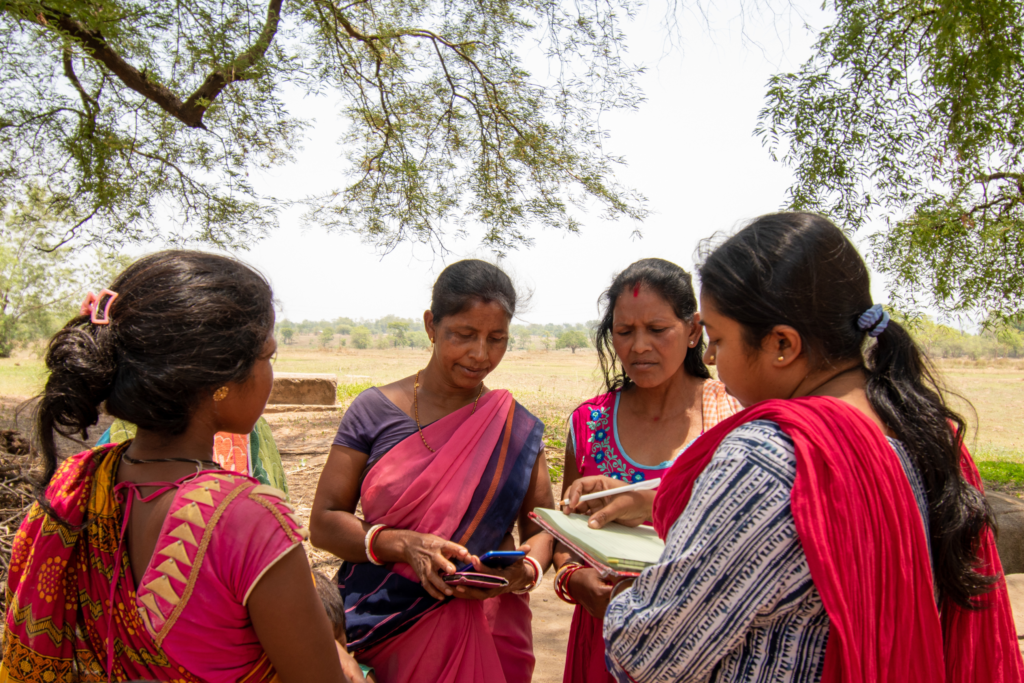
Renuka Bhakat, 40 ans, explains: “We started our toilet construction with the help of Karuna-Shechen. We had felt the need for it for a long time because doing our needs in the open field is embarrassing and also unsafe. Toilets are a necessity now. Before, we were unable to build a toilet due to our financial condition, but now thanks to Karuna’s support, we are expecting to complete the construction in February.“
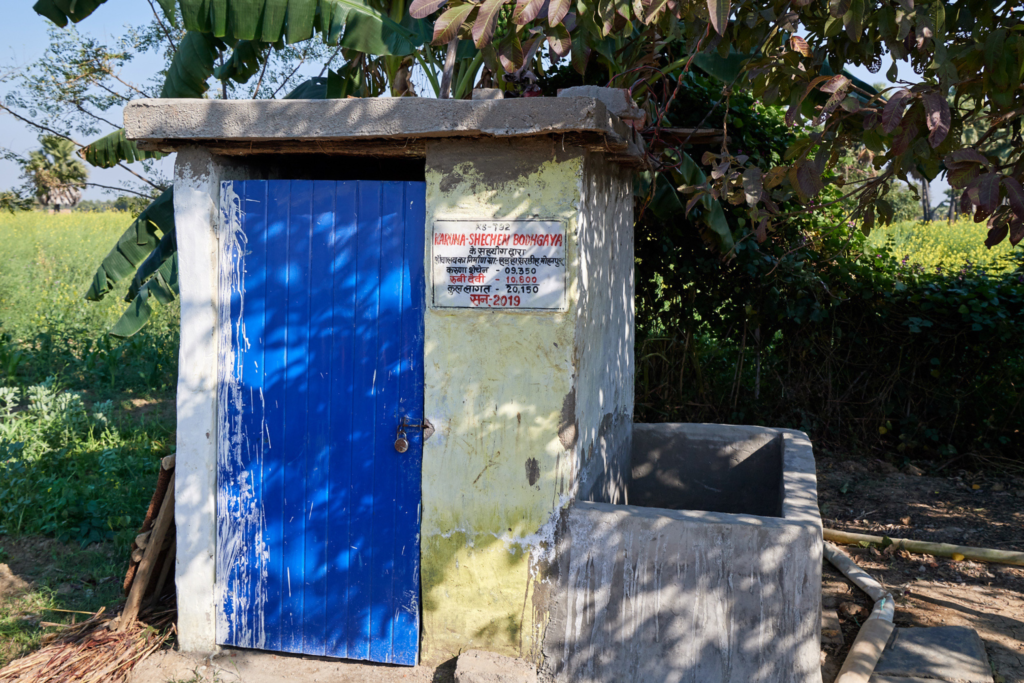
So far, four street plays have been conducted, reaching 269 villagers. From January to May 2023, Karuna-Shechen supported the construction of 1,259 toilets, benefiting around 7,360 people, primarily in rural communities. The goal is to reach even more communities in rural villages in the months and years to come.
Sunita Gope from Dhirol village, Jharkhand, smiles : “We finally had our toilet constructed with the help of Karuna-Shechen. My daughter and I are more comfortable and no longer have to go out in the open field. All of my family members use the toilet now. We also take turns cleaning the toilet because it is important to keep our toilets clean“
Many toilets have been built in India over the years but remain unused. This may be due to a lack of awareness about their use and maintenance or dysfunctional infrastructure resulting from a lack of consultation, such as toilets being too low, small, narrow, or located in inappropriate places. These toilets are often transformed by the communities for alternative uses and often become storage spaces.
Karuna-Shechen bases its projects on community participation, involving the end users in the construction and financing process. This leads to functional toilets that are accepted and used. The toilet construction program serves as a good example of how this partnership can be established between households and the organization, and why it is essential.
